We Are Empowering TB Communities To Lead
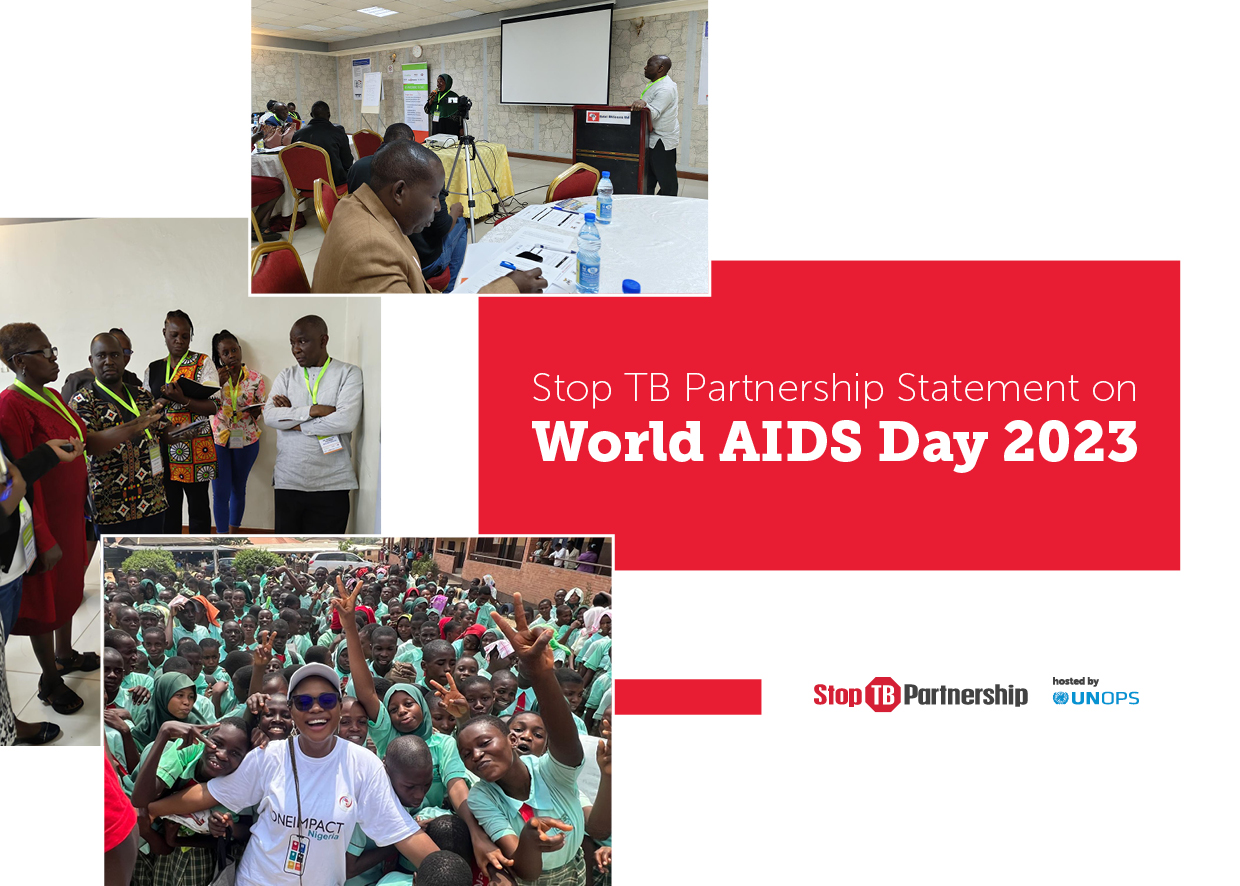
The Stop TB Partnership stands in solidarity with the families and friends of those who lost their lives to HIV-AIDS and TB-HIV co-infection and the communities and networks of people living with HIV and leading the response.
30 November 2023, Geneva, Switzerland - On this World AIDS Day we add our voice in calling for Communities to lead the responses at national and regional levels to end TB, HIV and Malaria as well as other diseases.
TB is one of the leading causes of death in people living with HIV. As per the latest 2022 WHO data, 671,000 people living with HIV fell ill with TB, with the highest burden in countries in the WHO African Region, and TB caused 167,000 deaths in people living with HIV.
The Stop TB Partnership stands in solidarity with the families and friends of those who lost their lives to HIV-AIDS and TB-HIV co-infection and the communities and networks of people living with HIV and leading the response.
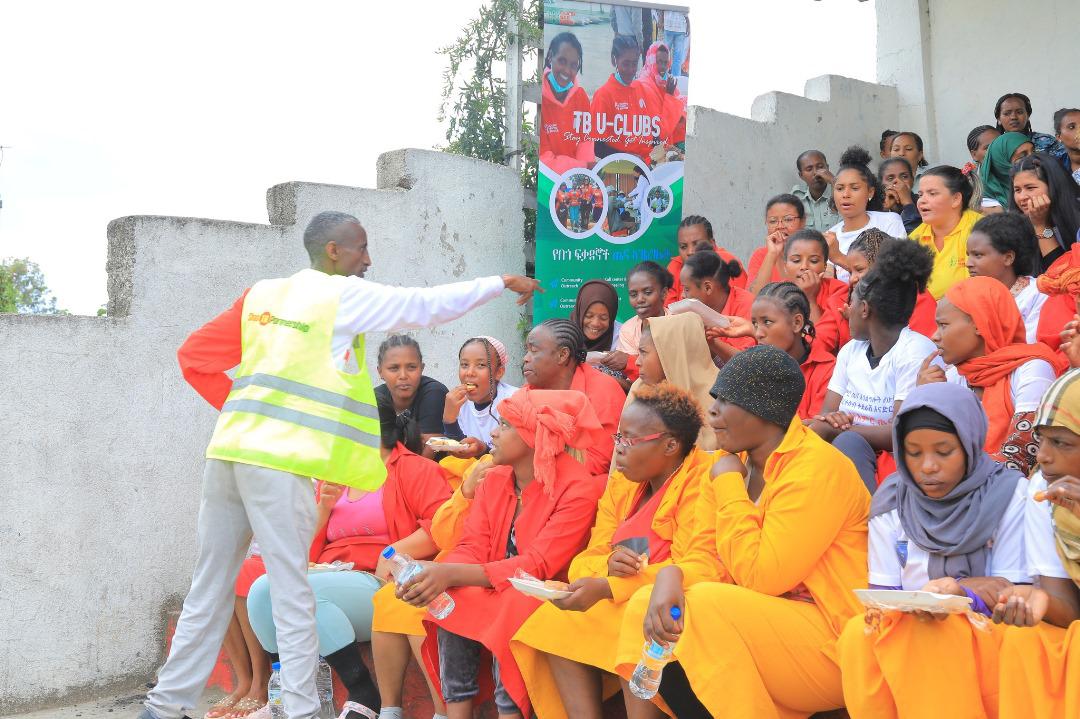
We are strong believers in the central position of people and communities in informing and contributing to the National TB Strategic plans, in research and development and roll-out and uptake of new tools, as well as monitoring and accountability of the TB response.
Stop TB Partnership works towards ensuring that people and communities affected by TB, and grassroots organizations are supported, empowered, and equipped with the right tools and knowledge for the TB response.
Stop TB partnership implemented a full governance review of our Board, in such a manner that more than 50% of our voting members include voices from TB-affected countries and nine voting seats are occupied by communities, developing country NGOs, key and vulnerable groups, and developed country NGOs.
Through the Challenge Facility for Civil Society grant mechanism Stop TB Partnership is supporting hundreds of community and civil society organizations working at national, regional, and global levels to transform and focus the TB response on community-led engagement, human rights, and gender equality to end TB.
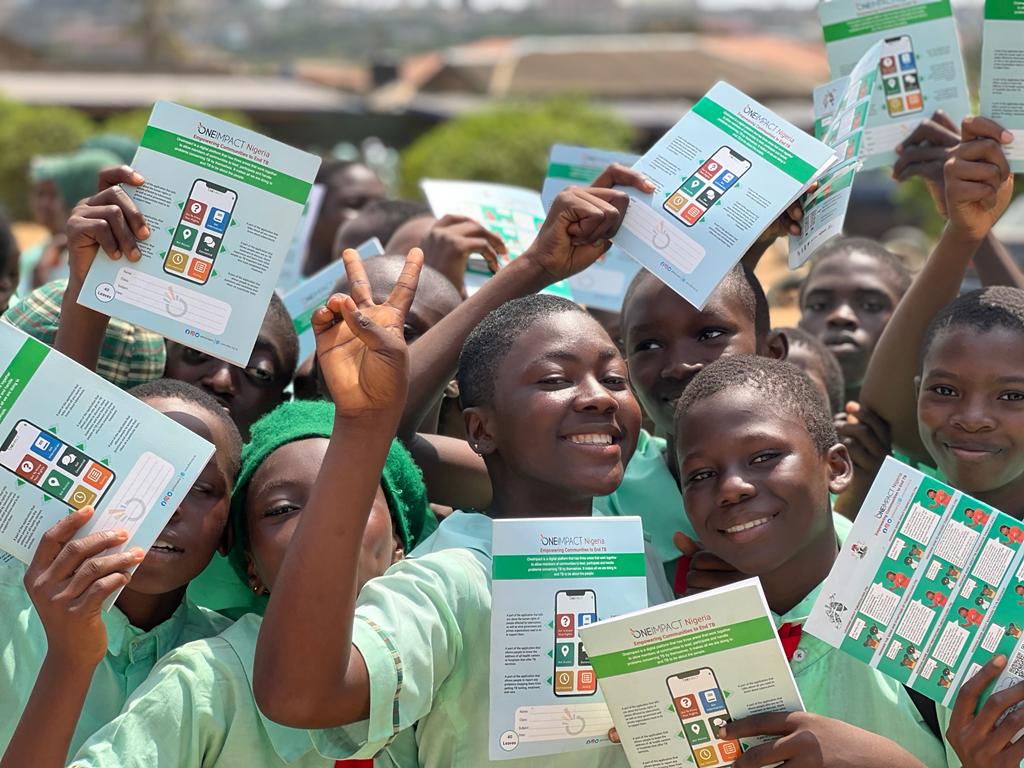
Thanks to CFCS, National TB Affected Networks are coordinating and leading advocacy efforts in 22 countries, Community, Rights and Gender Assessments have been conducted in 26 countries, OneImpact community-led monitoring is being implemented in 29 countries and the TB Stigma Assessment has been conducted in 10 countries. Today as such affected TB communities have demonstrated their leadership in TB and continue to lead Community, Rights and Gender efforts at both policy and intervention levels, to ensure that the CRG dynamics preventing access are understood and that the missing people with TB are found.
Community-led monitoring is a key intervention, which relies on community empowerment, mobilization and leadership. Today Stop TB Partnership is supporting over 40 community organizations in 29 countries to initiate, scale up, and institutionalize the OneImpact community-led monitoring approach for TB. Designed and led by people affected by TB, OneImpact implementers have mobilized over 60,000 people with TB, including key and vulnerable populations to provide unique insights on service delivery gaps, human rights violations and stigma for rapid action and responses to improve services and the experience of people affected by TB, thus shifting the TB response to one that is community-centered and led.
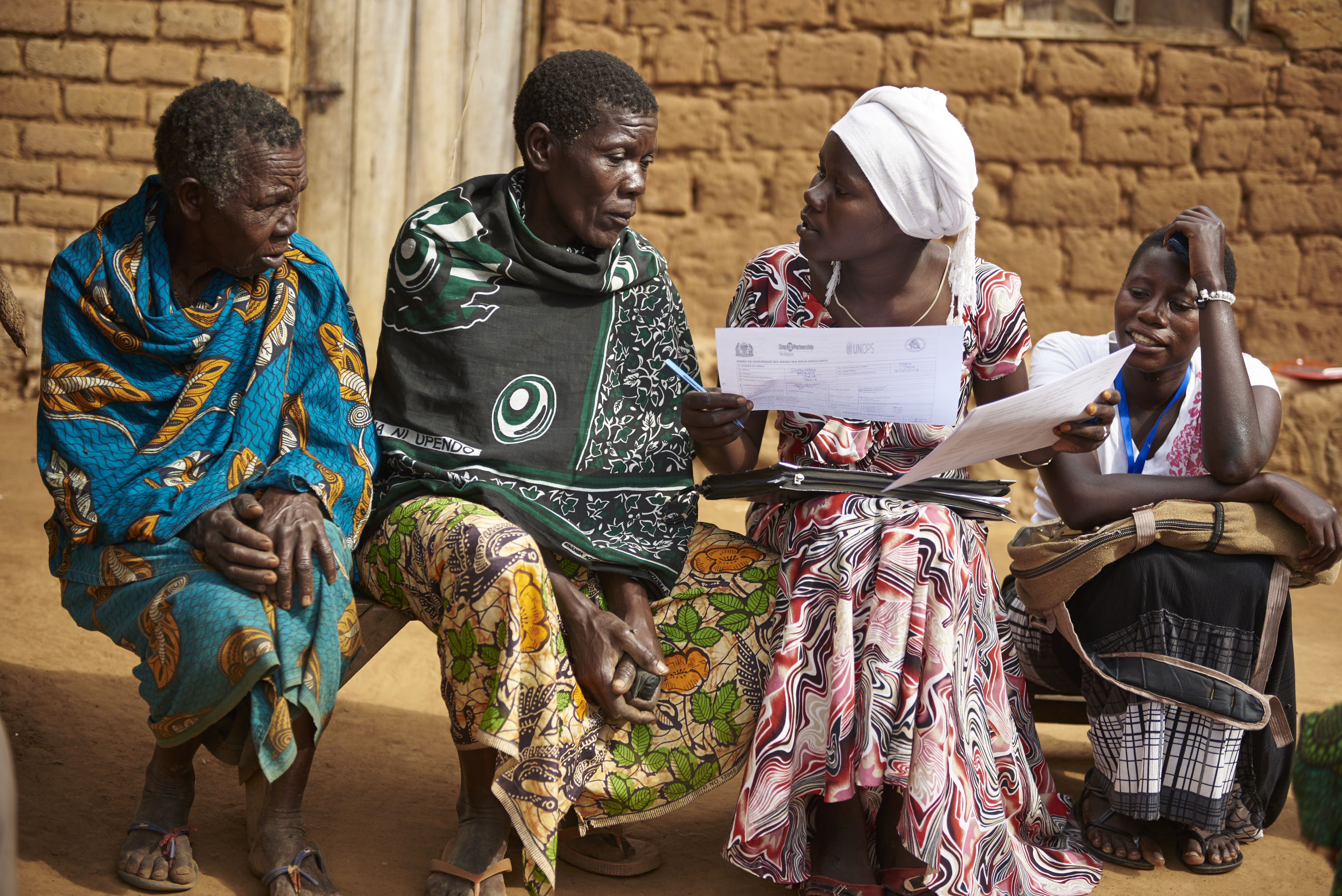
The TB REACH initiative directly supports communities and local partners to provide services to people with TB and HIV who need it most. Over the years, TB REACH has been focusing efforts to reach populations that are vulnerable or that are key to the TB and HIV response including, for example, transgender people in Pakistan, and nomadic and internally displaced people in Nigeria.
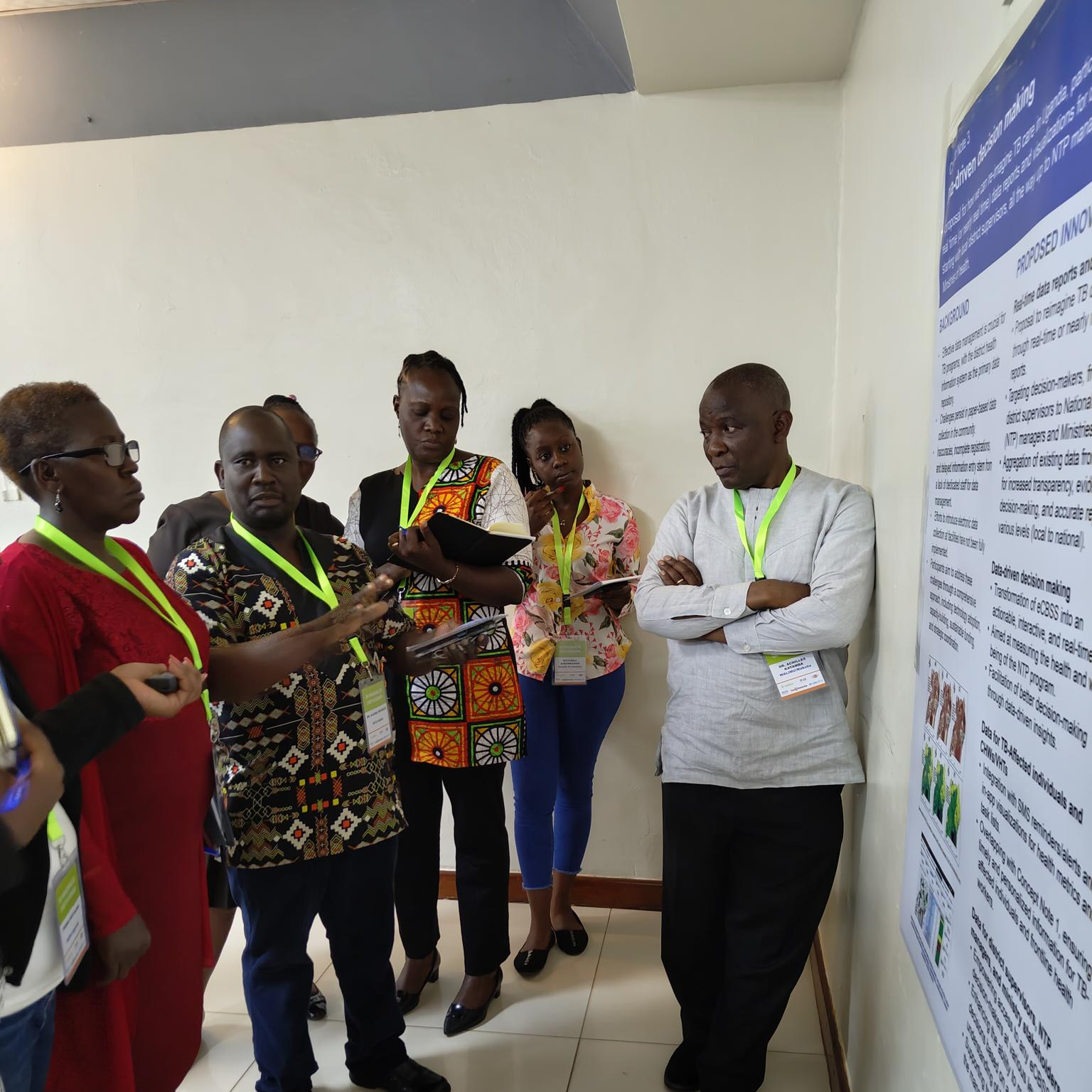
Efforts to end TB must begin and be continuously driven by a People-centered Design mindset and approach. For example, in 2023, the Re-imagining TB Care initiative has supported our local partners in Uganda (Walimu) and Viet Nam (Friends for International TB Relief) to conduct close to 200 interviews and collect over 3,000 statements from TB-affected people, their families, and care providers to better understand the challenges and opportunities to re-imagine TB care through TB innovations.
The synthesis of these interviews and statements informed the identification, prioritization, and selection of opportunity areas by country stakeholders and partners, including TB survivors, Ministries of Health, National TB Programmes, hospital directors, healthcare workers, community health workers, etc. and let to joint discussions, and, more importantly, decision-making on which service and product innovations to roll-out in their countries in 2024.
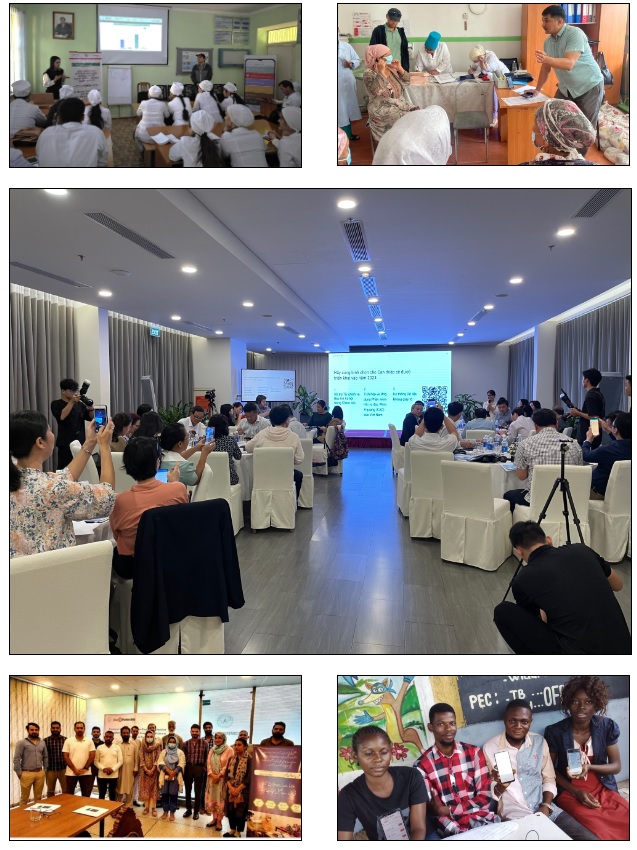
“It is so upsetting to see that HIV prevention and treatment extends people’s lives, only to see one in three of them dying because of TB. We might even though we know how to prevent, diagnose and treat, TB. However, TB funding remains pathetically low – particularly in countries from Africa highly insufficient even for the procurement of commodities needed for diagnosis, treatment and prevention. Investments in communities and their empowerment needs financial visibility and sustainability over years to ensure change – and we need to have this in TB if we want to achieve the SDGs by 2030,” said Lucica Dititu, Executive Director, Stop TB Partnership.



